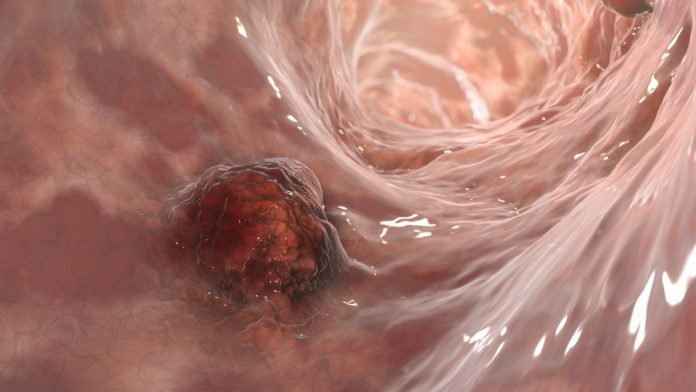
The University of Texas MD Anderson Cancer Center and Basel, Switzerland-based ARTIDIS AG announced today a research collaboration that will build clinical evidence of ARTIDIS’ atomic force microscopy (AFM) nanomechanical technology for the analysis of solid tumors. The collaboration efforts by MD Anderson and ARTIDIS researchers will evaluate the combination of nano-scale physical properties of tumors combined with existing clinical data for the development of novel biomarkers to be used for precision medicine approaches and treatments.
Under the terms of the agreement, MD Anderson is eligible to receive payments based on the achievement of certain clinical milestones and commercial sales.
“As clinicians, we strive to gather as much evidence as possible to design a tailored treatment strategy for each patient. This technology gives us a distinct profile of the cancer that may provide unique insights about how to improve treatment outcomes for patients,” said principal investigator Eugene Koay, MD, PhD, associate professor of gastrointestinal radiation oncology at MD Anderson.
The ARTIDIS technology, along with its ARTIDISNET platform, can capture the physical properties of cells along and the microenvironment at nanometer resolution while preserving the tumor sample and physical tissue for future use. Its nanomechanical sensor “captures the physical properties of tissue enabling the clinician to differentiate between benign and malignant tissue in under three hours,” according to information on the company’s website. “In addition, the technology allows the clinician to define the aggressiveness of the tumor with very high accuracy based on the nanomechanical signature of the cells. Only very soft cells can squeeze through all different tissues to create distant metastases that are responsible for more than 90% of cancer related deaths. The nano-probe measures the tissue’s physical properties allowing us to discover robust nano-mechanical biomarkers and predict disease development. Moreover, ARTIDIS technology is not limited to cancer and can analyze any living tissue.”
According to the company, its goal is to alter cancer care by providing molecular analysis of tumor biopsies—at the patient bedside immediately after a biopsy is taken—to provide an immediate diagnosis of the patient’s cancer, as well as a prognostic indicator of patient response to therapy.
The collaboration with MD Anderson will begin to evaluate, in the clinic, how its AFM tool can be best used for the benefit of patients. One goal of the work is to develop biomarkers using its technology that can eventually be included in standard of care guidelines. MD Anderson clinicians within its Divisions of Radiation Oncology and Surgery will conduct validation and proof-of-concept studies to evaluate the ARTIDIS technology as a tool for predicting response to treatment in multiple solid tumor indications.
“We are proud to collaborate with MD Anderson in the pursuit of demonstrating how the nanomechanical phenotypes of malignant tissues are highly predictive to indicate which tumors will metastasize and respond to treatment,” said Marija Plodinec, PhD, CEO and co-founder of ARTIDIS. “Together we will work to actively drive optimal treatment options for patients with cancer.”
The new ARTIDIS-MD Anderson collaboration builds on a previous sponsored research agreement with James Welsh, MD, professor of Radiation Oncology at MD Anderson, which focuses on understanding immunotherapy resistance and response. Additionally, ARTIDIS has shown that nanomechanical alteration in cancer tissue is a potentially suitable marker for cancer aggressiveness and indicator of treatment response. This finding was clinically validated in a prospective study of 545 patients that used nanomechanical profiling to evaluate benign and malignant breast lesions. Previous ARTIDIS research has suggested that nanomechanical changes may predict response rate and outcome of treatment.













